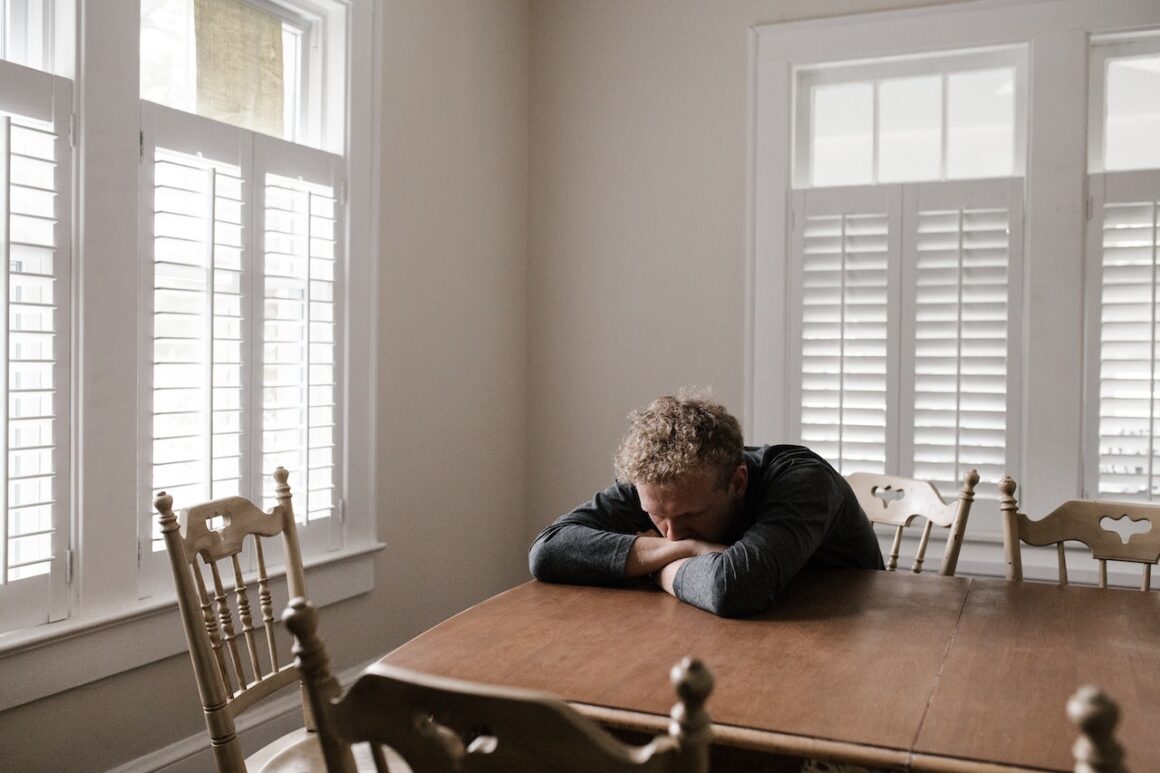
I’ve been part of a few conversations in the last year or so that have centred around intrusive thoughts. People have asked me whether I believe it’s a spiritual issue, if I think it’s inner demons that can be eradicated with the right approach, or if these troublesome thoughts are common to us all in differing degrees. As much as it’s not the definitive answer most seek, the truth is that the reason for one person’s intrusive thoughts can be light years away from the next person’s. Everyone’s emotional and mental makeup varies vastly, as does their history, relationship to themselves and ability to truly address issues at their root. It’s common practice in our society to disguise suppression as a solution, or to simply replace one primary problem with another, and so whether people can look beyond secular explanations of their suffering is also a factor in healing.
I have known people plagued with feelings of being owned by the voices in their head. These nondescript sounds or heavy authoritative warnings of accident or doom are akin to having a constant companion who presents mostly as an overbearing protector against anything that could go wrong. Either this, or they are a false reminder of everything that is already wrong. The intensity of the experience and the anxiety involved is the reason why I believe my personal beliefs about it are irrelevant. What is more important is asking other questions, such as;
What have you done so far to acknowledge, listen, question, and identify the source of the unwelcome information you’re receiving? Are you, as the sufferer, open to exploring multiple modalities and answers, if it means that one of them may rid you of the intrusions, or at least give you power over them for good?
Far too often I’m told that only one form of therapy – usually something focusing on symptoms rather than root cause – has been explored, or even that medication has been the first and only recourse. For me to believe this is a sound strategy for anyone, there have to be some seriously mitigating circumstances.
Sometimes, I ask people to externalise the problem; to imagine there is an uninvited person in their home, shadowing them, refusing to leave, and generally making a nuisance of themselves. How many different ways would you try to get this person to leave? How many people would you call for help, how loudly would you shout? If they left for a short time, how much effort during the respite would you put into ensuring they are unable to re-enter your space? And would you really be satisfied, if, instead of shadowing you they just sat in the corner of your home, or only tiptoed behind you on their best behaviour? These are real decisions that we make with repetitive and intrusive thoughts and the approach you have already taken is very telling when you ask for my opinion. Ultimately, how we all choose to deal with unhelpful or dangerous thoughts is not as clear-cut as making it a spiritual problem, and I would never attempt to make it so. What I would do however, if I were you, is use every option available to me to investigate how best to achieve the results I want.